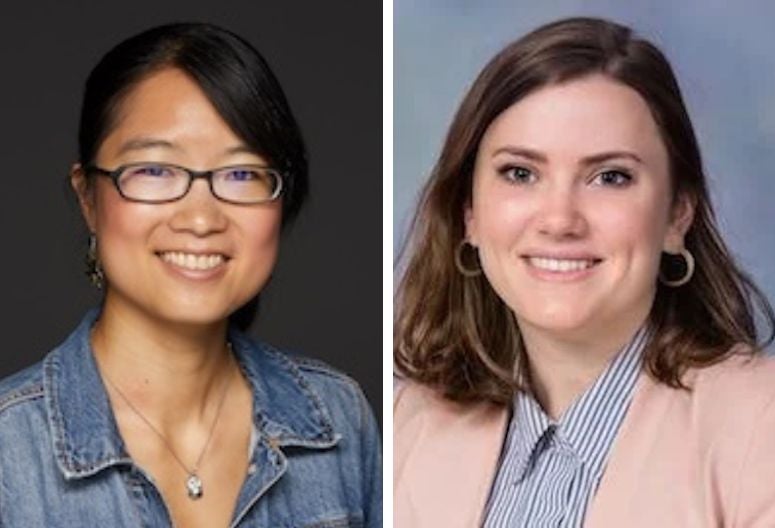Two members of the Rice University community, one current student and one alumna, are among the 2025 Pulitzer Prize winners recently announced, recognized for their powerful contributions to public service journalism.

Leah Binkovitz, a sociology doctoral student at Rice and former writer and editor at the Kinder Institute for Urban Research, was part of the Houston Chronicle editorial board awarded the Pulitzer Prize for editorial writing. The series, titled “The Tracks We Leave Behind,” exposed how train blockages in Houston disproportionately affect working-class and minority neighborhoods, a problem often dismissed as routine inconvenience.
The Pulitzer-winning editorial team also included Raj Mankad, who previously served as editor of Cite: The Architecture and Design Review of Houston, a publication of the Rice Design Alliance. His work at Cite explored urban planning and design challenges in Houston, aligning closely with the themes tackled in the Chronicle’s award-winning series.
Binkovitz, who pitched the series nearly three years ago, described the recognition as both “shocking” and “an honor.”
“I work with people who have been winners and finalists before, and I learn from them constantly,” said Binkovitz, a senior editorial writer at the Houston Chronicle. “To be in that group now is an honor.”
Her work on the series was deeply informed by her academic research and time at Rice. As a graduate researcher, Binkovitz collaborated with sociology faculty members Elizabeth Korver-Glenn and Elizabeth Roberto on projects exploring segregation, neighborhood barriers and how residents navigate physical and social boundaries, including train delays in historically underserved areas like Houston’s Fifth Ward.
“It shaped so much of their experience but at the same time was almost rendered invisible because it was so routine,” Binkovitz said. “But nothing is natural in sociology, right? This series was definitely rooted in wanting to explore those tensions more.”
Binkovitz said she sees journalism as a way to bridge the distance between communities and raise awareness of issues that might otherwise be overlooked.
“I always hope my journalism can help us see each other and our experiences more clearly, so we feel invested in each other’s well-being,” she said. “Houston is a diverse and far-flung city. The challenge has always been making it feel familiar and connected.”
She also offered advice to scholars and aspiring journalists: “Sociology gives you a great lens to ask questions about the world around you, but you have to anchor your thinking in real lives. Reporting invigorates me and sharpens my thinking — especially when I hit writer’s block.”
Daisy Chung ’14, a biosciences and visual arts alumna who has contributed to Rice Magazine, was also among this year’s Pulitzer honorees. She was part of the Reuters team awarded the Pulitzer Prize in international reporting for an investigation into the fentanyl trade between China and the United States. As a visual journalist, Chung’s illustrations helped break down complex chemistry and public health issues for global audiences.
“Receiving the Pulitzer Prize is an incredible honor and a real confidence boost,” Chung said. “For a long time, I wasn’t sure if I could build a career at the intersection of art and science let alone in journalism. But this award feels like an affirmation that visual storytelling is essential to investigative reporting.”
She added that her interdisciplinary path began at Rice.
“I often ‘tested out’ my interests by asking biology professors if I could create illustrations for their papers or educational materials,” she said. “Their encouragement gave me the confidence to pursue this unusual career.”
Chung said her science background came full circle during the yearlong fentanyl investigation, where she became the team’s point person on decoding chemical structures.
“It inspired the first graphic story in the series — a visual breakdown of the chemistry behind fentanyl production,” she said.
As Rice continues to nurture leaders across disciplines, the dual Pulitzer wins are a reminder of the university’s growing impact in journalism, public service and the global exchange of ideas.

